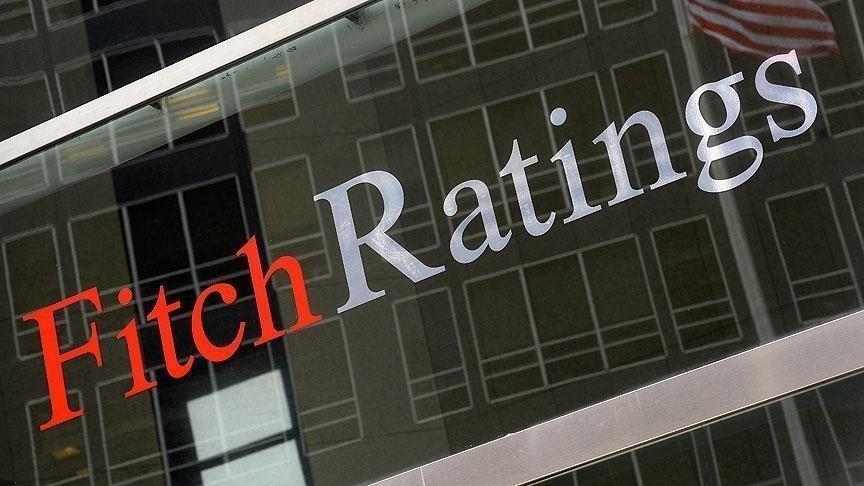Fitch revises up global growth forecast to 2.7% from 2.6%
Expects Turkish economy to expand 3.5% this year, 2.8% next year, 3.7% in 2026

ISTANBUL
Fitch Ratings revised up its global economic growth forecast for this year to 2.7%, according to its Global Economic Outlook September report released Tuesday.
The revision is 0.1 percentage point higher than the previous forecast made in June.
"We expect global GDP to slow to 2.5% in 2025 as US growth falls to 1.6% on a fading fiscal impulse and gradual slowdown in consumption, as household income decelerates," said the report.
The US economy's growth forecast for this year was also revised up to 2.5%, from 2.1% in June.
China's economic growth, meanwhile, is estimated to expand 4.5% next year, down from 4.8% growth this year as the country's rapid export growth is expected to ease.
"But eurozone growth should recover to 1.5% in 2025 from 0.8% this year, said the report, adding: "This mainly reflects the impact of a recovery in real wages on consumption, which has been weak since 2022."
The agency said annual inflation in Türkiye has slowed down significantly in August, while it is expected to fall to 43% by the end of this year.
Fitch expects the Turkish economy to expand 3.5% this year, 2.8% next year and 3.7% in 2026.
The rating agency said the US Federal Reserve's monetary policy easing cycle that is about to begin will be "mild and slow," compared with the previous rate cutting cycles of the central bank.
"The long-awaited Fed easing cycle is upon us, but the FOMC will be cautious after the inflation challenges of the past few years," said Fitch Chief Economist Brian Coulton. The pace of rate cuts will be gentle and monetary easing won’t do much to boost growth next year."
Fitch said the recent macroeconomic data have boosted the Fed’s confidence that disinflation is on track.
The agency expects 25 basis points of rate cuts at the Fed's September and December meetings, and further cuts of 125 basis points in 2025 and 75 basis points in 2026.
"These interest rate forecasts – unchanged from June – represent a much less aggressive easing cycle than most prior Fed easing episodes," according to the report.







